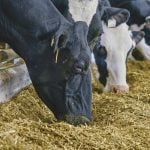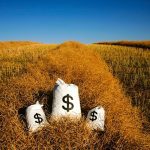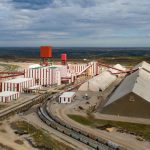Social media influencers are a bridge between the general public and producers, says Beavers. In the lead up to the release of its documentary, Reduce, Reuse, Ruminate, the CCA invited influencers to tour cattle operations.


Content creators head to fields and feedlots ahead of CCA documentary release

Henry's outreach to farmers spanned more than half a century


Total farm cash receipts rose 4.4 per cent compared with 2022 on higher crop marketings; cattle prices





Research project conducted via the Livestock and Forage Centre of Excellence

Perennial forage can keep nitrogen in the soil rather than escaping as greenhouse gas